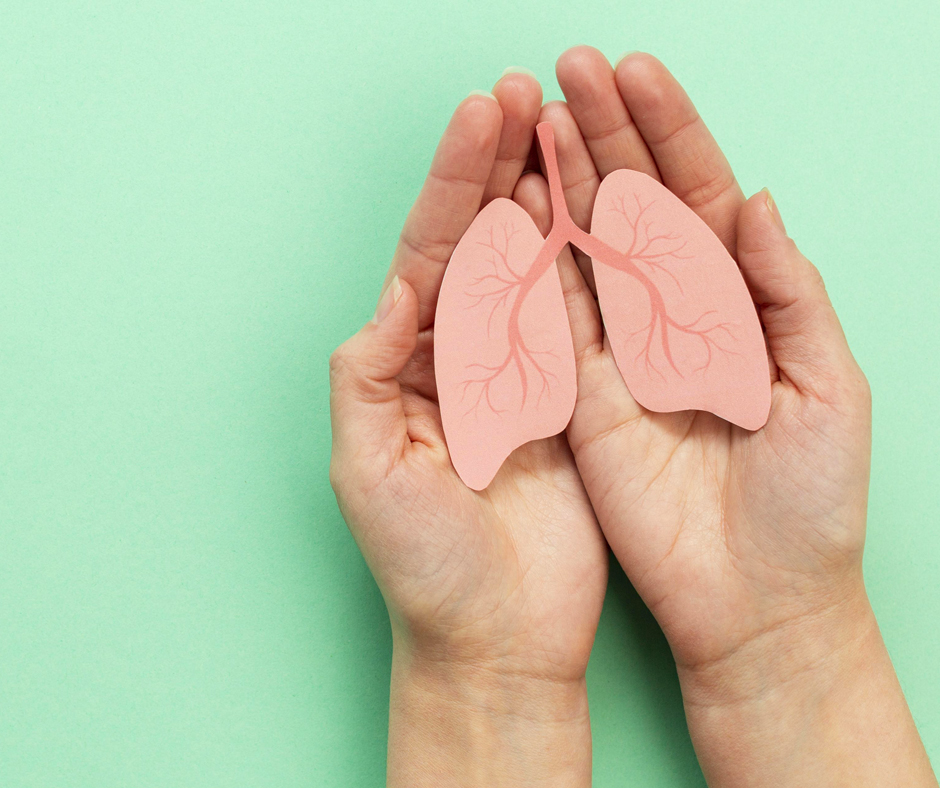October is all about promoting good lung health, and respiratory therapists are the front-line heroes for those with chronic lung disease or other breathing problems. That’s why the last week in October is set aside each year as National Respiratory Care Week. Here’s what you need to know about this annual awareness event:
What is Respiratory Care week?
National Respiratory Care Week recognizes the field of respiratory care and the respiratory therapists, doctors, and nurses who work with patients suffering from lung and breathing conditions. This week also promotes awareness of common lung conditions and best practices for good lung health.
What is a Respiratory Therapist?
A Respiratory Therapist (RT) is a certified medical professional trained to help people suffering from breathing problems. They work closely with doctors and nurses to give breathing and chest exams, diagnose lung conditions, prescribe treatments and exercises, and monitor patient progress.
Respiratory therapists also have specialized knowledge to provide care for your lungs. They stay up-to-date on the latest practices, technologies, and innovations in pulmonary health to provide the best care for their patients. RTs often have advanced knowledge in using high-tech respiratory equipment, like mechanical ventilators and artificial airway devices.
What is Respiratory Therapy?
According to the American Association for Respiratory Care (AARC), “Respiratory Therapy is a specialized health care field where practitioners are trained in pulmonary medicine in order to work therapeutically with people suffering from pulmonary disease.”
In other words, respiratory therapy is the medical field concerned with diagnosing, treating, and managing lung diseases and conditions. A Respiratory Therapist may offer a variety of treatments and practices, including:
- Conducting chest and breathing exams to determine lung function
- Diagnosing lung and breathing conditions and recommending treatment plans
- Prescribing medications via nebulizer or inhaler to treat chronic breathing problems
- Providing physiotherapies like chest tapping and/or breathing exercises
- Analyzing blood and tissue samples to determine oxygen levels
- Managing mechanical ventilators and other artificial airway devices
- Educating patients and families on lung conditions and treatment plans to improve the quality of life
Who Do Respiratory Therapists Treat?
Respiratory Therapists are trained to treat anyone with problems breathing. They can be found working in hospitals, nursing home facilities, home health agencies, pulmonary offices, and sleep centers.
Respiratory Therapy may especially benefit those with a chronic lung condition like COPD or Asthma, premature babies without proper lung function, and those with sleep apnea.

